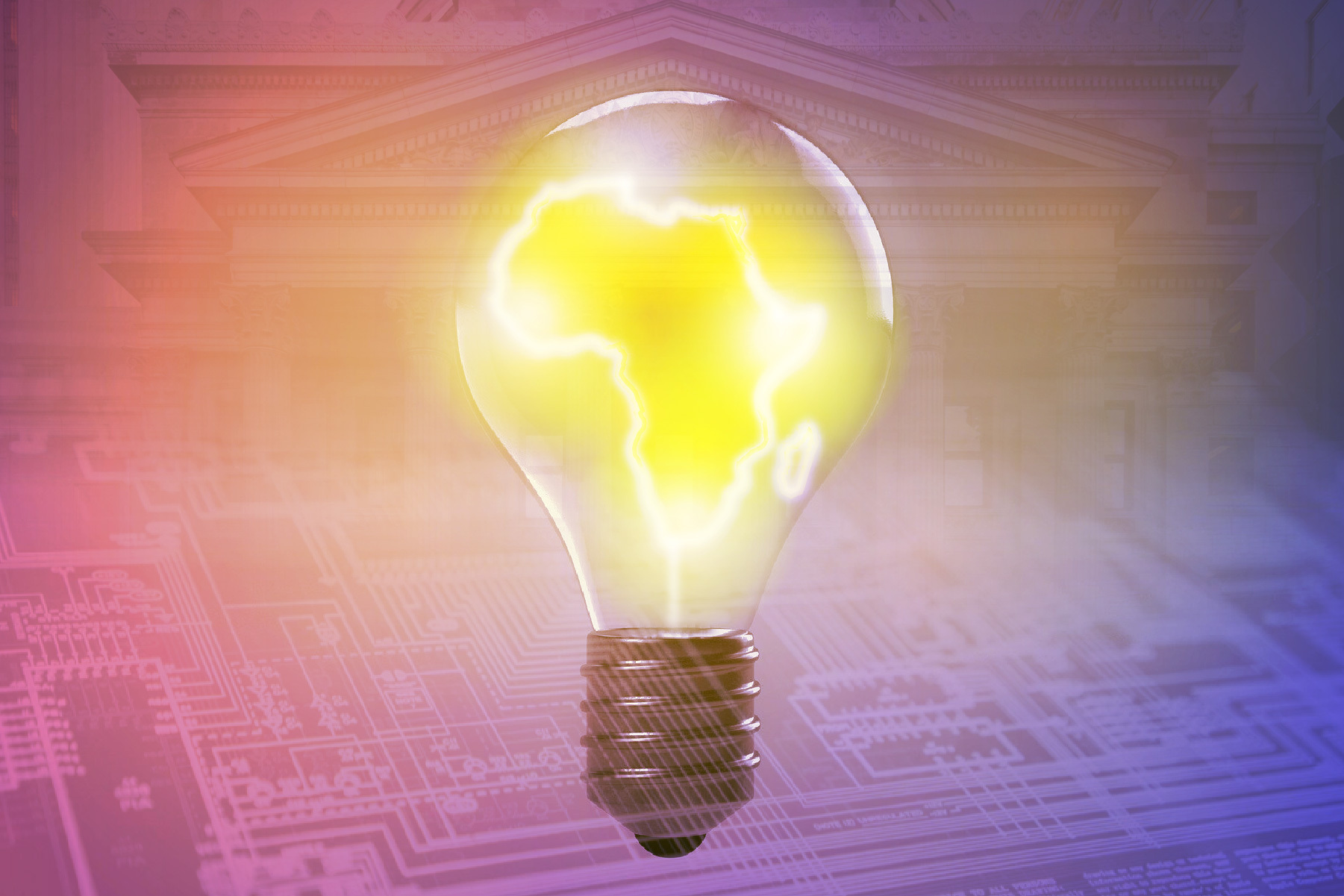
Technology, the master key to effective public management
It is almost impossible to talk about the new post-Covid reality without mentioning the increased use of modern technology. Many of us are aware of the positive role technology has played in our lives over the past 18 months. However, perhaps we don’t always think about how it has changed the way African countries are run. This new way of managing a country has inevitably led to a new order, a new social reality on the continent. Public management being a broad topic, this post highlights 3 key aspects: e-governance, education, and the fight against fraud.
E-Governance, a must-have for public administration
African governments have gradually realized that immersing themselves – and investing – in digital transformation represents a real development opportunity. Their 2021 budgets reflect this commitment to digital transformation. Indeed, they clearly demonstrate the governments’ intention to invest in technological infrastructures and services. This is particularly true of Uganda, Kenya, Rwanda, Ghana, and Congo.
The application of ICT to the delivery of government services has become a “must-have” for any leader seeking socio-economic growth. ICT in public administration simplifies processes and enables the integration of information between different agencies and departments. This results in more and better public access to services, which promotes compliance and makes governments and their leaders more accountable and accessible to citizens. Thanks to digital solutions, it has been possible to automate processes for a smoother and more dynamic public administration. This, in turn, has enabled the inclusion of more citizens in the administrative and financial system.
Digital education for all
According to the UN, the African education sector has grown significantly in recent years. This is likely due to the introduction of technology in this sector. However, a technological gap persists in Africa. Indeed, some learners simply do not have access to the resources they need to enjoy the educational benefits of technology. These resources include laptops, tablets, a reliable Internet connection, and basic IT skills.
Various initiatives have been implemented to bridge this gap. For example, UNESCO’s Global Education Coalition, which came into being at the start of the pandemic to support learning continuity, has made Africa one of its priorities. There is also eLearning Africa, a global network of professionals that aims to support education and training through ICT.
In addition to democratizing access to the necessary hardware, it is also essential to develop digital literacy. This will not only allow learners to effectively use ICT for educational purposes but also prepare them for a job market that increasingly insists on digital literacy.
Data, a gateway to transparency and efficiency
Technology also supports the fight against fraud and corruption, even though there is still room for improvement. The digitization of government systems and economic transactions favors widespread transparency in the management of states. Data has become powerful and, when properly handled, can unmask any illicit use of these systems.
Several African countries already rely on data-driven solutions for decision-making and anti-fraud purposes. This is especially the case in sectors that are key to economic development, such as financial and telecommunications services. Thanks to these solutions, countries like Ghana, for example, have managed to dismantle numerous illegal operations such as SIM boxing. These actions managed directly by government agencies not only protect citizens and block revenue leakages but also build citizens’ trust in the system, in government, and in the technology itself.
In recent years, the necessary adoption of e-governance technologies is helping to strengthen the administrative capacity of emerging countries. The challenge now is to maintain the momentum, to pave the way for effective e-government.
